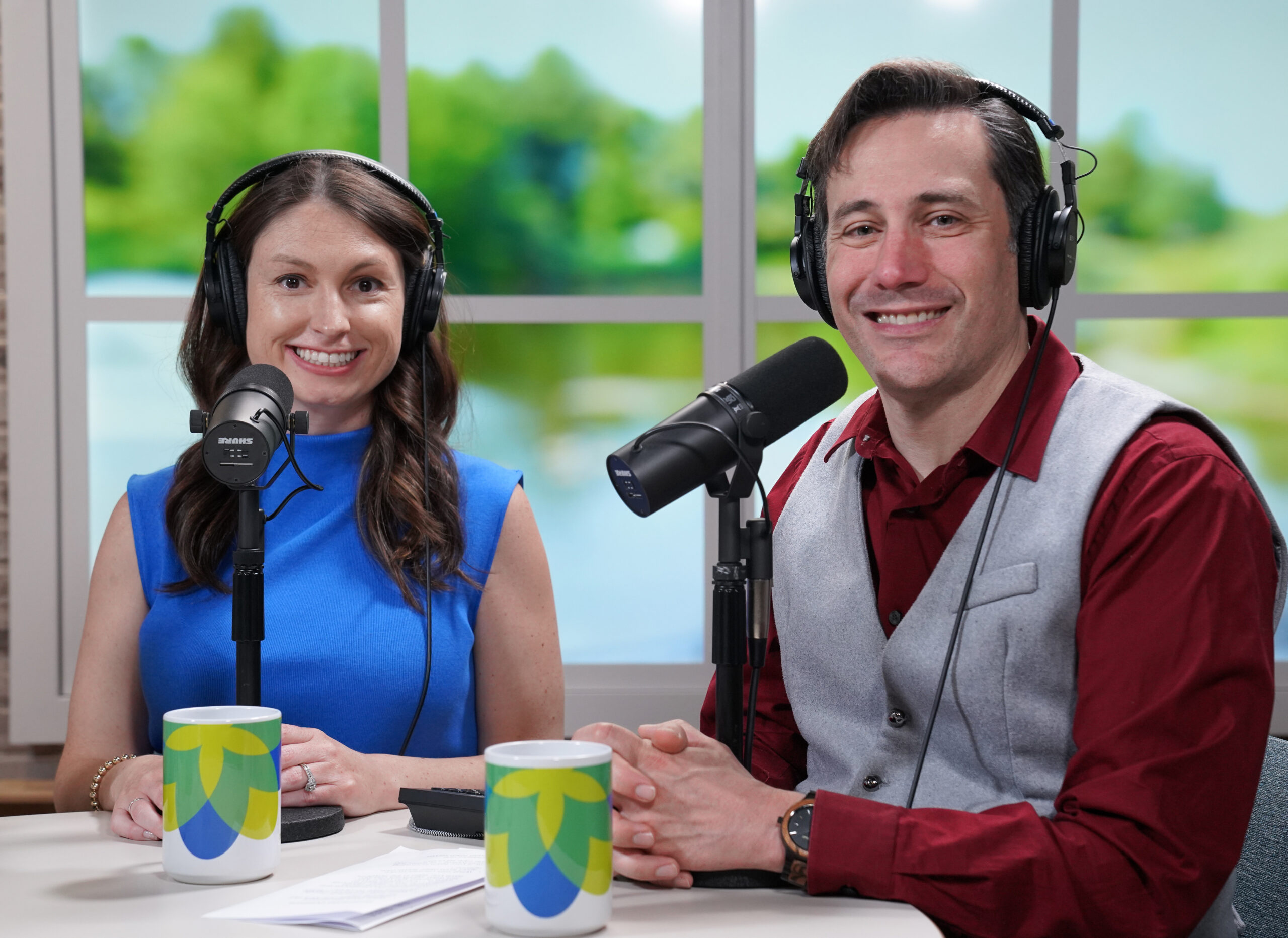
Have you heard of the term "health care pollution"? It refers to the waste that hospitals produce while providing patient care, as well as hospitals’ carbon emissions.
Nurse Practitioner Deanna Benner and Nursing Professional Development Specialist Ashley Oncay discuss how they found ways to decrease ChristianaCare's carbon footprint. What started as a grassroots initiative has transformed into a $1 million sustainability movement. Through the Medical Supply Donation Program and the Landfill Diversion Project, ChristianaCare is helping the community while reducing waste.
Whether you're a ChristianaCare caregiver or simply someone concerned about the environment, this episode offers practical inspiration showing that one person's trash truly is another's treasure.
Links
- ChristianaCare News - Environmental Sustainability Initiatives Keep 7.7 Tons of Medical Supplies Out of Landfills
- ChristianaCare News - ChristianaCare Team Wins Environmental Excellence Gold Award
- Environmental effects of surgical procedures and strategies for sustainable surgery
- Project CURE
- Habitat for Humanity ReStore Goods Donations

Improving quality of life is a goal in both healthcare and policing. ChristianaCare and the New Castle County Division of Police are working together to change lives in our community.
The collaboration is called the Behavioral Health Unit, a groundbreaking partnership that pairs officers with social workers to transform crisis response. When 911 calls with mental health components come in, these specialized teams respond together. Officers ensure safety while social workers conduct comprehensive assessments to determine appropriate care possibilities beyond the limited options of jail or emergency rooms.
On this episode of For the Love of Health, New Castle County Division of Police Corporal Colleen Kearns and ChristianaCare Social Worker Delilah Colon describe the issues that led to the formation of the Unit, share facts and statistics about the people and families the program has impacted, and look forward to how this partnership is serving as a template for the future of policing around the state.
Links

According to the Alzheimer's Association, nearly 7 million Americans are living with Alzheimer's. By 2050, that number is expected to grow to 13 million.As Delaware's aging population is expected to grow, the need for memory care is also increasing.
On this episode, Dr. Steven Huege endowed chair of ChristianaCare's Swank Center for Memory Care reveals how a multidisciplinary approach makes all the difference for patients and their families. You'll hear about the different conditions addressed by the Swank Center, their participation in the innovative GUIDE Program to assist caregivers, and what the future holds for memory care in terms of medications and cutting-edge treatments. If you're concerned about memory changes in yourself or a loved one, this is an episode not to be missed.
Steven Huege, M.D., MSEd is The Swank Foundation Endowed Chair in Memory Care and Geriatrics at ChristianaCare. He brings over two decades of experience to his clinical practice as a compassionate, dedicated board-certified geriatric psychiatrist. Dr. Huege sees older adults with behavioral and psychiatric symptoms related to neurocognitive disorders such as Alzheimer’s disease, Lewy Body Dementia, and FTD.
Links

ChristianaCare's Delaware Medicaid Partners Accountable Care Organization - also known as an ACO - has set the standard for innovative, high-quality care at lower costs.
On this week's episode of For the Love of Health, Dr. Christine Donohue-Henry, ChristianaCare Chief Population Health Officer, and Dr. Rose Kakoza, Senior Medical Director for ChristianaCare's Medicaid ACO, share how this value-based care is changing the lives of Delaware's Medicaid population and highlight how a fundamental shift from illness treatment to disease prevention is helping to drive down costs and keeping communities healthier.
Christine Donohue-Henry, M.D., MBA is the Chief Population Health Officer at ChristianaCare and the President of eBrightHealth ACO and the ChristianaCare Clinical Alliance. Dr. Donohue-Henry is responsible for value-based care within the health system and the clinically integrated network, driving clinical quality and reducing the total cost of care.
Rose Kakoza, M.D., MPH serves as Senior Clinical Network Director for Population Health and Medical Director for ChristianaCare's Medicaid Accountable Care Organization (Delaware Medicaid Quality Partners). Dr. Kakoza also oversees CareVio, Population Health's case management organization supporting approximately 100,000 risk lives across the clinical network.
Links
- ChristianaCare News - ChristianaCare Reduces Health Care Costs by $6.2 Million While Improving Care for Medicaid Patients
- ChristianaCare News - ChristianaCare Announces $1.6M Investment in 25 Nonprofits to Improve Community Health
- For the Love of Health - Why Is the Cost of Health Care So Expensive?
- ChristianaCare Community Health
- Delaware Medicaid Partners ACO
- CareVio Care Management Program
- Delaware Health and Social Services Medicaid Resources

Chronic hypertension, also known as high blood pressure, can be life-threatening for pregnant women. According to the National Institutes of Health, the prevalence of chronic hypertension in pregnancy in the United States doubled between 2007 and 2021.
Research being done at ChristianaCare could change the lives of women around the world. Leading that research is Dr. Matthew Hoffman, the Marie E. Pinizzotto, M.D., Endowed Chair of Obstetrics & Gynecology at ChristianaCare, who joins us to talk about the results of those studies, changes in how health providers approach pregnancy care, and what the future may hold for maternal and fetal medicine.
Dr. Matthew K. Hoffman, M.D., MPH is the Marie E. Pinizzotto, M.D., Endowed Chair of Obstetrics and Gynecology for ChristianaCare. He has spearheaded national improvements in OBGYN care and has helped guide the health system to provide greater quality and value.
Links
- ChristianaCare News - Pivotal Study of High Blood Pressure in Pregnancy Likely to Change Prenatal Care for Some Women
- ChristianaCare News - Low-dose aspirin therapy may help prevent premature birth
- New England Journal of Medicine: Treatment for Mild Chronic Hypertension during Pregnancy
- ChristianaCare Women's Health
- ChristianaCare Babyscripts mobile app

'Tis the season... to be sick. And as we say goodbye to 2024, we want to avoid saying hello to respiratory illness.
On this episode of For the Love of Health, ChristianaCare Chief Infection Prevention Officer Dr. Marci Drees gives us tips on how to keep the uninvited germs away from your holiday gatherings.
Marci Drees, M.D., MS, is the Chief Infection Prevention Officer and hospital epidemiologist for ChristianaCare. Dr. Drees serves as a councilor on the Board of Trustees of the Society for Healthcare Epidemiology of America (SHEA), and previously served as SHEA's liaison to the CDC's Advisory Committee on Immunization Practices (ACIP). She is board certified in internal medicine and infectious diseases.
Links
- Make a Plan to Get Your Flu Show
- COVID-19 - Details, Prevention and Treatment
- Delaware.gov - Current Delaware Flu Infection Rates
- Delaware.gov - Current Delaware COVID Infection Rates

The donation of an organ or tissue is perhaps the greatest gift of life and health a person can give. More than 100,000 men, women, and children are on the national transplant waiting list right now.
ChristianaCare has earned the highest level of national recognition from the US Health Resources and Services Administration for its outstanding support of organ and tissue donation. ChristianaCare's Kidney Transplant Program is the only adult transplant center in Delaware. Lead Transplant Social Worker Kealey Johnson delivers insights into the life-changing work happening with the program, while kidney transplant patient Bill Wilson shares his own personal story of going through the transplant process.
Kealey Johnson, MSW, LMSW, CCM, has a strong desire to help others through challenging moments in their lives always expressed with her bright and genuine smile. As a transplant social worker, she looks forward to working with the team to serve our kidney transplant patients with care and compassion.
Links
- ChristianaCare Kidney Transplant Program
- ChristianaCare News - The Beat Goes On for Bill Wilson
- American Kidney Fund Transplant Waiting List
- United Network for Organ Sharing
- Donate Life Delaware Organ and Tissue Donors

If you’ve ever received medical care, you’d likely agree the cost of care can be expensive. According to the National Health Expenditure Accounts, U.S. health care spending grew 4.1% in 2022, reaching $4.5 Trillion.
In this replay of one of our most popular episodes in our “The Toughest Questions in Health Care” series we're asking the question, "why is the cost of health care so expensive?" ChristianaCare Chief Financial Officer Rob McMurray and ChristianaCare Chief Population Health Officer Dr. Chris Donohue-Henry share insight on health care economics. Hear how challenges are being met with pioneering solutions to reduce cost while simultaneously boosting the quality of care.
Rob McMurray is the Chief Financial Officer, responsible for the direction and oversight of all financial operations at ChristianaCare. He also has oversight of supply chain operations.
Dr. Christine Donohue-Henry, M.D., MBA is the Chief Population Health Officer at Christiana Care. She is also the President and CEO of eBrightHealth ACO. Prior to her current role, Dr. Donohue-Henry was the Chief Medical Officer, Community Care at ChristianaCare from 2017 to 2019
Links

Lengthy emergency department wait times are nothing new. This has been a national issue since the 1980s. It’s a challenge for every health system – a challenge with no easy solutions.
ChristianaCare is home to America’s 15th busiest ED, and in this replay of one of our most popular episodes, “The Toughest Questions in Health Care,” Dr. Kert Anzilotti, ChristianaCare Chief Medical Officer, and Ric Cuming, ChristianaCare Chief Operating Officer, deliver insightful answers to the question, “Why can ED wait times be so long?”.
Together, we walk the complex maze of healthcare efficiency, examining the intricacies behind long queues. Learn how factors like hospital-wide patient volume, case severity prioritization and the ripple effects of post-acute care facility shortages contribute to a significant bottleneck. And explore a data-driven approach to improving patient flow and emergency department functionality.
Finally, we provide guidance on choosing the most suitable venue of care for a variety of medical needs, a major way the public can be part of helping hospitals reduce wait times in the ED.
Ric Cuming is chief operating officer of ChristianaCare. In this role, Ric oversees the delivery of efficient and fiscally responsible system operations. He also works with other leaders to ensure high-quality and safe patient care. Ric joined ChristianaCare in 2016 as the system’s first chief nurse executive.
Dr. Kert Anzilotti is chief medical officer for ChristianaCare. His work focuses on the optimization of care delivery across the health care system through strategic visioning, network development, clinical technology implementation and leveraging medical informatics.
Links

While most cuts and scrapes will heal themselves, some wounds can develop into a more serious situation.
In that case, you may need to see wound care specialists. Dr. Jim Ley, Medical Director of the ChristianaCare Wound Care and Hyperbaric Medicine Center, and Podiatrist Dr. Scott Reich talk to us about the kinds of wounds they see, the specialized treatments they offer such as hyperbaric oxygen therapy, and when to know if you might benefit from their care.
Links
- ChristianaCare Wound Care and Hyperbaric Medicine Center
- ChristianaCare News - What is Hyperbaric Oxygen Therapy?





